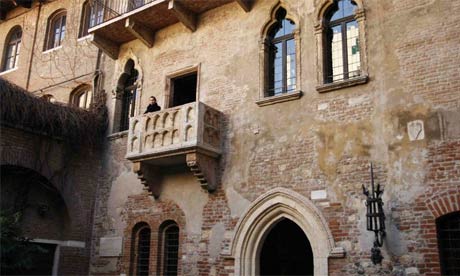Now old desire doth in his death-bed lie.
And young affection gapes to be his heir;
That fair for which love groan'd for and would die,
With tender Juliet match'd, is now not fair.
You might be wondering why I suddenly came up with this stanza. This quartet is from Shakespeare's Romeo and Juliet. Shakespeare has a queer style of hiding meanings in plain sight. In the above quartet, the interested yet somewhat casual reader would have noticed the meaning which he wished everyone to notice. Not many would notice that this stanza carries more than one meaning. I will try my best to elucidate both here. Let us assume that I had one of my 'Aha' moments (thanks to Kalid Azad), which spurred me to write this piece.
Old desire might refer to the enmity or 'ancient' grudge that may be on the verge of dissolving, due to Romeo's intoxication with a girl from the opposing camp. Romeo wishes to follow up on this and ensure that such a situation never arose again. So, in earnest, he looks. We have repeatedly heard clichés like (I am not paraphrasing) "Beauty lies in the soul and not in the heart" and "Love should be based on character and not external appearance" and the like. But, when we see an individual, our mind inadvertently looks at only their facial features first. For love to ensue, a fair face is needed, and the aftershocks of this love can also be a willing death. Juliet comes under this category, and having a bad premonition of his love's climax, Romeo rues it as 'not fair'.
Old desire can also refer to Romeo's father and his kingdom. His father is on the verge of relinquishing his throne, though not stated anywhere explicitly in the play. Naturally, Romeo is his heir. The passion for power is all-consuming and in its wake, it consumes love too. Love dies when someone sights power within their reach. This is a fact proven by history. and now as Juliet enters the equation, he loses interest in pursuing power. He wishes for his love to.succeed against strong opposition. This is a refreshing line of thought. And this seems not fair because the love of his life resides in opposition camp.
These are my opinions on this sonnet of Shakespeare's. Correct me in comments if thou shalt deem me wrong!

Comments
Post a Comment